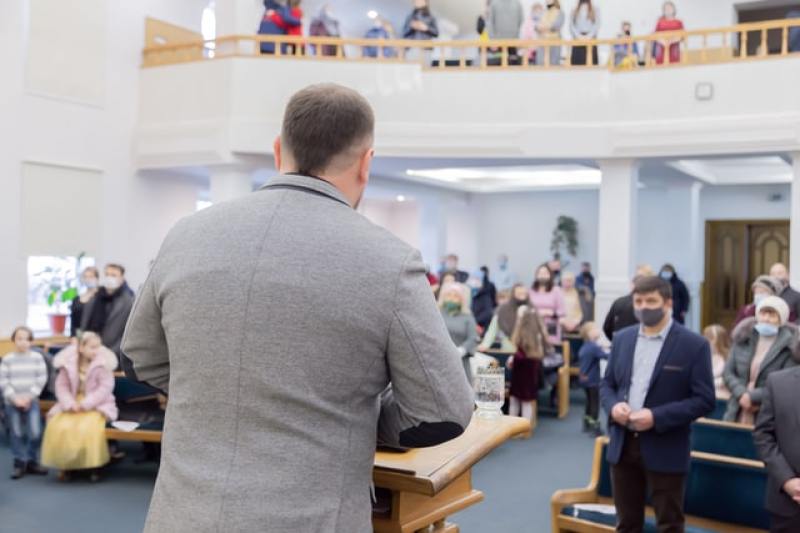
When a preacher uses phrases and examples from other preachers without properly crediting the originating source, they create the impression that the ideas are their own. This habit, known as plagiarism, can result in very bad endings.
Although there are no figures on blatant plagiarism - attributing someone else's ideas on themselves - it is almost universal for preachers to "borrow" from each other. However, observant readers or audiences can take issue, sometimes to the point of becoming disillusioned.
For instance, Religion News Service (RNS) reported the case of Colleen Reese from Nashville who discovered online that her pastor's most recent sermon was similar to another sermon from a Kentucky church. Reese looked into the matter and found that her preacher had plagiarized hundreds of sermons - which left her feeling deceived.
"I had to send my children to their rooms so that I could speak to my husband about it," she told RNS. "Because the words that came out of my mouth were really not Jesus-like in that moment."
Several sermon series from Southland Christian Church in Kentucky, as well as another series of sermons on the Ten Commandments that began with Mark Driscoll, were allegedly plagiarized by Reese's pastor, Zach Stewart, including a 2013 sermon named "Do Not Steal" that featured subtly changed copies of Driscoll's personal stories.
Reese then consulted the church's elders who reportedly questioned Stewart. The pastor quit the church in 2016 without apologizing. According to Reese and other past members, the church wiped all of his sermons from their website and tried to press forward.
Stewart served with Franklin Christian Church from 2011 to 2016, according to an elder who refused to talk more. Stewart even refused an interview, claiming that his current church's leaders and lawyer urged him not to say something.
Even for a minister who plagiarized, Reese believes the Bible's meaning will shine through. That, though, does not make it right.
"God also will not be mocked. And that's what he's doing," she said.
RNS created a video comparing Driscoll and Stewart's preaching on the same topic. The video shows a significant number of similarities, including words used and gestures made. Sadly, Stewart didn't mention that it was Driscoll's sermon anywhere. Watch the clip below:
Why It's A Big Deal
The sermon is the fundamental act of worship for many Protestant Christians during Sunday services. The sermon is also essential for attracting newcomers. According to a 2016 Pew Research poll, people looking for a new place to worship want a strong sermon and a comfortable welcome. The consistency of sermons was listed by 83% of respondents as a significant factor in their decision.
Theologically speaking, plagiarizing sermons is unacceptable for preachers.
Plagiarism, according to Thom Rainer, former president of evangelical publisher LifeWay Christian Resources, is one of the "four most common acts of stupidity that get pastors fired."
According to Scot McKnight, a professor at Northern Baptist Theological Seminary, a sermon isn't yet another "speech." Instead, it's meant to be a divine experience. The preacher hears from God by reading, meditation, and research, and then shares what they've heard with the congregation. When a pastor violates that by plagiarizing, McKnight characterized it as a betrayal.
Speaking to RNS, he said: "The whole idea of taking someone else's sermon destroys what sermon-making is supposed to be. I think that pastors who are plagiarizing are building a web of deceit and shame in their own life. They know what they're doing is wrong. They live with the fear that they could be discovered. And they seek to mask it as much as possible."
Recommendation
As per Dean Gary Stratton of the School of Arts at Johnson University, it's possible for preachers to preach another person's sermons in an honorable manner.
He cited the example of John Wesley, the father of Methodism, who felt "strangely warmed" after hearing Martin Luther's preface to the New Testament Book of Romans read aloud. Wesley went on to provide young Methodist preachers with a series of sermons to teach before publishing their own, according to Stratton.
While Stratton said that he finds it perplexing, he said that no one tends to take issue when pastors mention other preachers or books they have read during sermons.





























